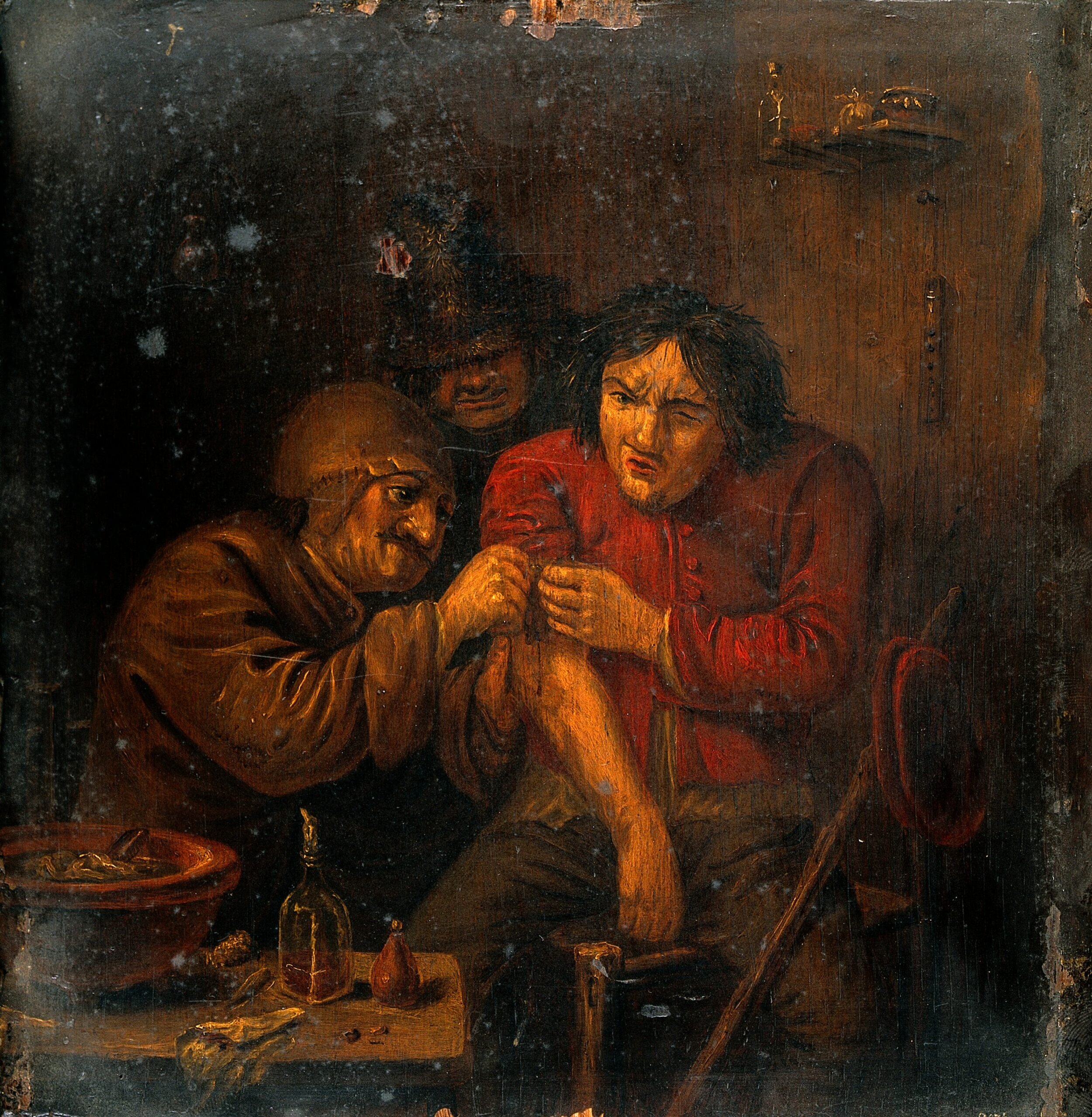Unholy Medicine

There was a period in history when it would have been illegal for your doctor to remove your appendix to save your life.
There was a period in history when it would have been sinful and possibly illegal for your doctor to remove your appendix to save your life.
In the year 1215, Pope Innocent III opened the Fourth Lateran Council, an assembly of hundreds of church officials, with the intention of bringing into force some seventy new papal decrees and, while he was at it, calling for a fifth crusade and deciding who should be the new Holy Roman Emperor. Innocent issued decrees on a wide array of topics at this council, including that priests shouldn't get drunk, that all Christians must partake of confession at least once per year, and that all Jews and Muslims must wear special garb so that they couldn't possibly be mistaken for Christians. In an effort to broaden the church's power base and control over daily secular life, the Council also ratified a series of decrees limiting the scope of physicians. Unlike in the Islamic world, where the majority of "professional" healers were scholars and, quite commonly, atheists, at this time, the majority of physicians in Western Europe were Christian priests, and as such, the pope actually had significant power over their activities and scope of practice. The pope's edicts regarding physicians by and large covered two salient points.
First, it was decreed that caring for the soul of a sick person was more important than caring for the body, and as such, before a sick person could be given medicine, he or she had to be given communion and otherwise cleansed of sin. The logic was that, as most sickness is sent by god as punishment for sinfulness, there would be no point in healing only the body. We'll never know whether this declaration was obeyed by the healers of the era -- whether they refused to bind a bleeding wound until the victim had been absolved of sin, for example -- and whether people died as a result.
Second, it was decreed that it was sinful for a man to come in contact with blood or other bodily fluids. This wasn't by any means a strange decree, as blood is considered an unclean and contaminating substance in many religions, but most religions choose to waive this prohibition for doctors, who understandably need to come in contact with some icky stuff over the course of their duties. Most significantly, this edict essentially made the practice of surgery immoral, and in areas where the church held particular power, even illegal.
As it happens, a lot of surgery still happened in that era. Although a church-trained physician might be forbidden from so much as touching a patient's wounds, surgery was very much the purview of another profession: the barber. Surgery of that era being relatively crude, probably compared even to that practiced by the Greeks and Egyptians centuries before, surgeons were an often distrusted lot, and it wasn't unusual for a surgeon to be constantly on the move between cities, in part to find new clients and in part to avoid angry mobs. Army surgeons tended to be competent and well-trained while "community" surgeons might be anything a brilliant and knowledgeable wise-woman to a con-artist wielding a bread knife. Surgeons were forbidden from calling themselves physicians and weren't considered to be practitioners of medicine. The separation of medicine from surgery was never entirely reversed, and it was only several hundred years later that physicians and surgeons unified into a single profession, long after the papal edict against touching blood had been forgotten.
It's easy to imagine an edict like that of Innocent III being set down in a medieval fantasy setting. In theory, the availability of healing magic should mean that no one should ever have to touch a patient's blood, and surgery should only be the purview of quacks. A pope, the leader of a church and probably someone who lives in an entire city filled with clerics, is quite likely to forget that not everyone has ready access to healing magic, and not everyone with access to it can afford it. High priests of most religions have an unfortunate tendency to forget the poor people and the inconvenient people when making their laws because, after all, the high priests tend not to be poor themselves. Imagine a squad of paladins, with all the right intentions, being ordered to arrest a respected surgeon for breaking the law by saving a child's life. This sort of thing can trigger church schisms or civil wars, and it's always a way to throw a group of player characters into the thick of things.
More than four years ago, Dr. Eris Lis, M.D., began writing a series of brilliant and informative posts on RPGs through the eyes of a medical professional, and this is the one that appeared here on December 6, 2018. Lis is a physician, gamer, and author of the Skirmisher Publishing LLC OGL sourcebook Insults & Injuries, which is also available for the Pathfinder RPG system.






